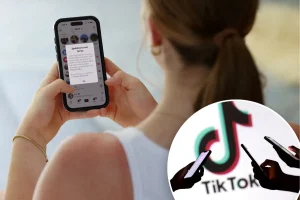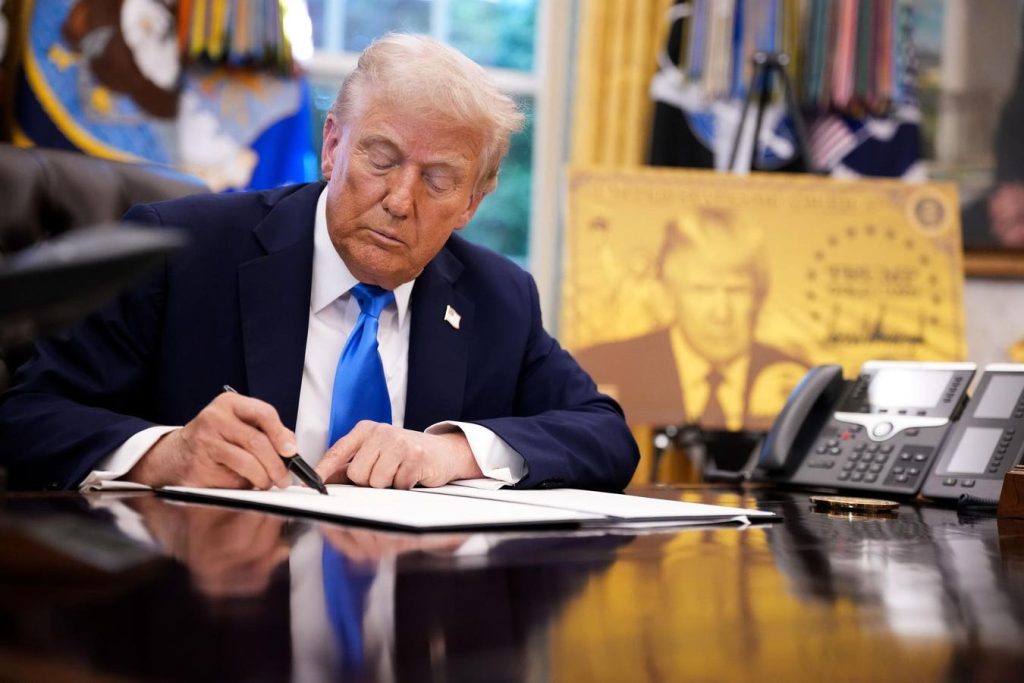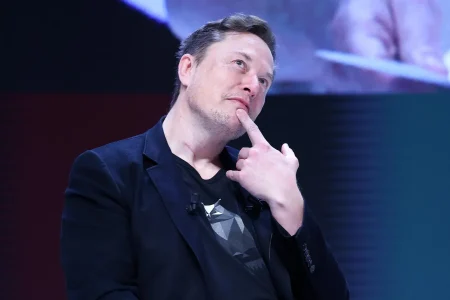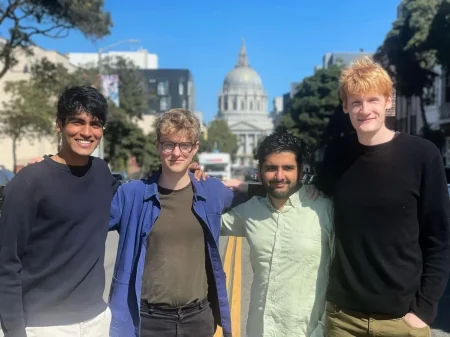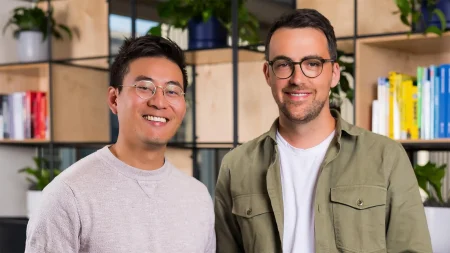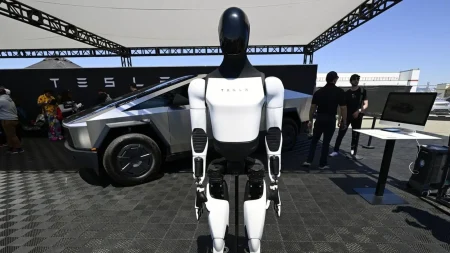Trump’s $100,000 H-1B Fee: A Boon for European Tech, Challenge for US Startups
President Donald Trump’s recent executive order imposing a staggering $100,000 application fee on H-1B visas sent shockwaves through the American tech industry. Major companies like Microsoft and Meta scrambled to recall overseas employees within 24 hours of the announcement, highlighting the immediate disruption caused by this policy shift. While the fee represents merely a rounding error for tech giants with deep pockets, it poses an existential threat to resource-constrained startups in the United States. This abrupt change to a visa program that provides 85,000 skilled worker visas annually (65,000 for bachelor’s degree holders and 20,000 for those with advanced degrees) has created a stark divide between established corporations and emerging ventures in their ability to access global talent.
European tech hubs are viewing this development as an unexpected gift in their ongoing struggle to retain homegrown talent. “To a lot of people in Europe, it’s like a blessing in disguise,” notes Victor Riparbelli, CEO of London-based AI company Synthesia. For years, European tech centers like London, Paris, and Prague have watched their brightest minds migrate to Silicon Valley, lured by prestigious opportunities and substantially higher compensation packages. European tech salaries ($57,000-$75,200 for mid-level engineers) have historically paled in comparison to American counterparts ($110,100-$133,700), according to research from Dublin-based HR firm Boundless. However, the new visa fee, combined with increasingly hostile immigration rhetoric, is eroding America’s appeal as the ultimate destination for tech professionals, potentially reversing the talent flow.
The timing of this policy shift is particularly significant as artificial intelligence development has intensified global competition for specialized talent. Companies are engaging in unprecedented recruitment efforts, with Meta CEO Mark Zuckerberg investing billions to assemble an AI superintelligence team and offering extraordinary compensation packages to individual candidates. Against this backdrop, Trump’s administration has positioned the H-1B fee as a measure to prioritize American workers, with Commerce Secretary Howard Lutnik describing the program as the “most abused visa.” Beyond the new fee, the administration has also proposed overhauling the visa allocation system to favor higher-paid, senior-level foreign employees through a “weighted selection process” that would fundamentally alter who can access these visas.
For early-stage American startups, the consequences are potentially devastating. Y Combinator CEO Garry Tan didn’t mince words, stating that the fee “kneecaps startups” amid the fierce global AI race. Unlike established tech companies that can absorb the additional cost, emerging ventures typically rely heavily on equity compensation and operate with limited cash reserves. Jesse Zhang, CEO of AI customer service startup Decagon, acknowledged that while the company would support existing H-1B employees, the fee would “make it harder to justify hiring new employees on H-1B.” This disparity in ability to absorb costs creates a competitive disadvantage precisely when innovation is most critical, potentially slowing America’s technological advancement relative to global competitors.
The changing American stance on immigration extends beyond just the new fee. Immigration attorney Emma Zhang reports increasing visa denial rates and more frequent requests for additional evidence, describing “blanket RFEs” (requests for evidence) as “the government’s way of delaying the process and adding procedural obstacles.” Xiao Wang, CEO of Boundless Immigration, characterizes the new fee as a “human tariff,” drawing parallels to Trump’s approach to imported goods and services. This increasingly uncertain environment is likely to impact educational choices as well, with fewer international students potentially choosing American universities if pathways to post-graduation employment become prohibitively expensive or unreliable. Meanwhile, competing nations are responding strategically, with countries like Canada and China modifying their immigration requirements and creating new visa categories specifically designed to attract the talent that America seems intent on rejecting.
European tech companies are already adjusting their strategies to capitalize on this shift. Charlotte Bax, CEO of London-based logistics AI startup Captur AI, is intensifying campus recruitment efforts at British universities. Vassili le Moigne, CEO of Prague-based InTouch, which develops AI tools for eldercare, observes that “the image of the U.S. as El Dorado is taking a hit” due to perceptions of American policies as unwelcoming. As a French entrepreneur who was among the earliest H-1B recipients in 1991, le Moigne’s perspective is particularly poignant: “We almost say thank you to Trump, in a way. He’s really helping us keep our talent.” While European salaries currently lag behind American compensation, increased competition for a growing talent pool may drive wages upward through basic market forces. The long-term consequence could be a strengthened European tech ecosystem that not only retains its homegrown talent but potentially begins attracting American professionals seeking more stable immigration policies and inclusive work environments.


